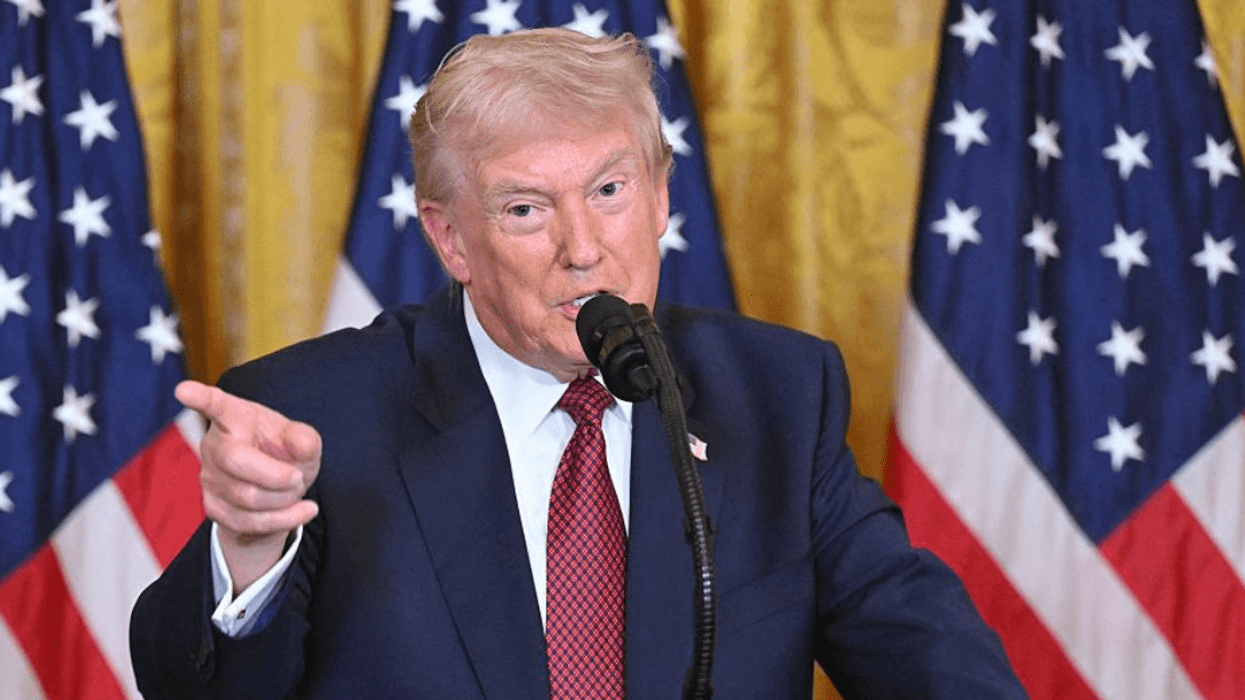It doesn't seem to make sense: Why would LGBT people, who seem to be so reviled by organized religion, be religious in the first place? (In the United States, Project Blitz, a litany of legislation aimed to support Christian belief, is well underway.)
But it's worth noting that not all religions are the same that each individual experience is unique.
After Redditor neilader asked the online community, "LGBT religious people, how do you reconcile your identity and your religion?" LGBTs were quick to set the record straight (pun possibly intended) in their own way.
Warning: Some sensitive material ahead.
"I never really..."
I never really had this problem. As far as I remember this topic was never mentioned in my church and same-sex marriage was even possible before my country legalised it. In my school we had service once a week and one time the pastor even spoke about transgender people in a good way. You really have to keep in mind that not every church is the same. I only came into contact with this whole god hates gays stuff over the Internet and then I already was too old to really believe this BS.
"In my religion..."
I am Sikh, transgender, and gay.
In my religion, there is nothing written explicitly against homosexuality or gender changes.
Although, marriage is described as a bond between two souls, and it is often presumed to be between a man and a woman. However, it is not explicitly written.
And gender is not anything. We are not male, nor female, we come together as one under God.
So, despite a majority of Indians being extremely homophobic and transphobic, I do not pay it any mind. I am with God for myself, not for my family or others.
Or something like that hehe.
"Depends..."
Depends on your religion, really! (For context, I am a gay man from India, living there as well)
I was born into Hinduism, but left it due to a lot of reasons. Hinduism itself is a diverse religion - and several sections of Hinduism have shown tolerance and even acceptance toward multiple genders and sexual orientations. Modern Hindus (at least in India) can be, and are, very homophobic and transphobic, but it is more of a cultural thing, than a religious thing. Many gay couples have had Hindu weddings abroad, so maybe there is a way forward? It will take a lot of theological and religious debate before progress is made.
I was an atheist for a while, but now practice Buddhism, which has no proscriptions for laypeople being LGBT. Many Buddhist teachers, monasteries and sects now openly welcome and even ordain LGBT people, and the practice is geared more towards personal liberation rather than a God sitting in judgment. Buddhism has helped me reconcile my identity with my faith to an extent!
"When I came out..."
I'm a gay trans woman who is Jewish. My grandparents are orthodox, a good portion of my older family is conservative, but an even larger portion is reform/non-practicing religiously.
When I came out as trans, I didn't lose a single family member. Not one. None of them said it was wrong, none of them said I was bad or evil. They just... started using my preferred name, asked a few questions, and moved on. As far as they cared I was always "Ellie". My grandparents were among the first I told, and they were the first to tell me that they want me to be happy and to be who I am, and that they're proud of me for being so strong. They've been there for me ever since.
For me, my religion is exactly like my family. It's there for me; it helped raise me, shape me, and gave me lots of tools that I use today to be who I truly am. I don't have to reconcile because it was never a conflict to begin with. I tune in for online services, my partner and I observe Shabbat and holidays, and I sing the Shema every morning. I truly believe HaShem has given gifts beyond my comprehension and I am perfectly fine with it. Even in the darkest moments of my depression and dysphoria I'm comforted by my family and my faith.
Don't get me wrong. It took a long time for me to get where I am, and there's still a lot of work to be done, but I am confident I can get through it with my faith, family, and partner. It's harder some days than others. Sometimes I do question, and sometimes I do get angry at HaShem for the things going on and the many people who suffer including me. However, I strongly believe in being a candle in the darkness. The world can be a scary and confusing place, but in my eyes religion shouldn't be. Your faith should be a haven; a beacon in the shadows, an oasis in the desert, a canopy in the rainforest. It should nourish you, protect you, make you feel loved and safe. It should give you purpose and help you be the best you can be. It breaks my heart that religion isn't that for many people, especially in the LGBTQ+ community. The best thing we can do is move forward and keep completing the work of perfecting the world.
"When I was 19..."
When I was 19, I had a come to Jesus moment after ending up in a psych ward. I was going through a gram of coke every day, rolling every weekend, stealing from my parents, had stopped taking my meds in order to "safely" get blackout drunk nearly every night (stellar logic, I know), self-harming to the point of needing stitches, and was failing all of my classes in college. I ended up in the hospital, and I had a vision of Jesus telling me I was "having all these problems because I forgot how to talk to Him". Even though I thought it was a delusion and hadn't been to church in 6 years, I went back anyway.
I'm coming up on 3 years of sobriety now, I'm on the Dean's List at my university, and I consider myself a devout Catholic. In the time since I went back to church, God had changed every single aspect of my life and personality. I didn't go through any programs like NA, but a combination of psychiatry, therapy and daily mass at 7 am. Despite doing a complete 180, the one thing that never changed was my sexuality. When I was 13, I prayed that I would stop being attracted to girls, and it didn't happen. I stopped going to church because I thought that I would get struck by lightning if I ever entered the house of God again. After my second year of sobriety at age 21, I was grateful for the "new" me, but kind of laughed at how I was still bisexual at the end of it all.
I don't really have the "evidence" from the Bible to back up my claim that God accepts me for being LGBT. I also definitely don't have the support from the general Christian population. But I guess in my experience, when I asked God for help, He looked at my addiction, the state of my mental health, the way I was treating other people, and my self-hatred and went, "This needs to change". And when He looked at my sexuality, He went, "This doesn't."
"Being LGBT does not mean..."
Bi and Buddhist here, initially really struggled with this as my parents are very traditionally Buddhist and conservative which I can imagine might come as a surprise with those familiar with Western Buddhism. Eastern Buddhism is a lot stricter I'd say and specifically Tibetan Buddhism emphasises male-female relationships as a matter of "practicality".
Simply put, LGBT are seen as going against the natural order. In recent times, acceptance has grown, but there's still that belief that being LGBT is being self-indulgent. I disagree with this belief. At the end of the day, just as being LGBT is part of my identity, so is my religion, my parents really helped me to see that. Being LGBT does not mean I'm a bad Buddhist anymore than being a Buddhist meaning I can't be LGBT.
"People ask me this..."
I think it depends on your religion. I am bisexual and a Christian. People ask me this all the time when it comes up, and they often seem to make unfair assumptions about what Christianity actually teaches based on some sort of stereotypical conservative, deep south form of the religion. Christianity is not a cohesive religion where every Christian on the planet believes and practices in the same way; but rather an umbrella term for many different denominations who share a common belief in God and the teachings of Jesus but have other differing beliefs.
I belong to a liberal church. We believe the Bible is a historical text and should be read as such e.g. keeping in mind that it only speaks about issues of biblical times and doesn't necessarily translate directly to our modern day experience. We also believe the most important commandment of our faith is when Jesus said "to love one another as I have loved you". Therefore, in our daily lives we try to practice situation ethics; we always look at each situation and decide what is the most loving thing to do. The focus is primarily on Jesus' teachings about love, kindness and taking care of the less fortunate. For this reason, contrary to the popular image of the conservative Christian, many of our members are actually outspoken socialists.
Being LGBT is not considered a problem at all for us as the most loving thing to do is to accept your fellow humans for who they are. We believe that everyone is part of God's plan, LGBT or otherwise.
"I'm not overtly religious..."
I'm not overtly religious, but grew up in a Catholic/Church of England house. When I first came out, I completely shunned the church as I was taught all my life from the church that gay people were sinners and devils etc. which really made me hate myself. Now though, I've separated my beliefs from the church. Yes, I believe there is a god, but I disagree with organised religion, religious teachings, and a lot of things I grew up with.
Do you have something to confess to George? Text "Secrets" or "" to +1 (310) 299-9390 to talk to him about it.

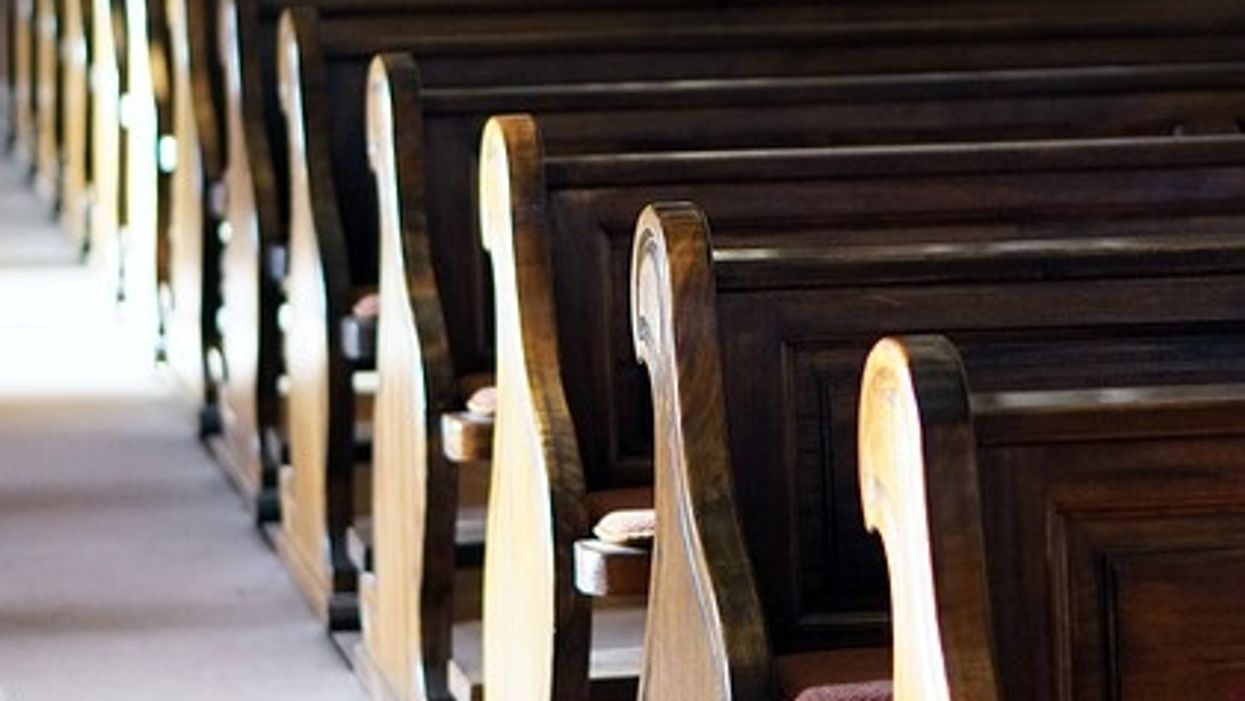

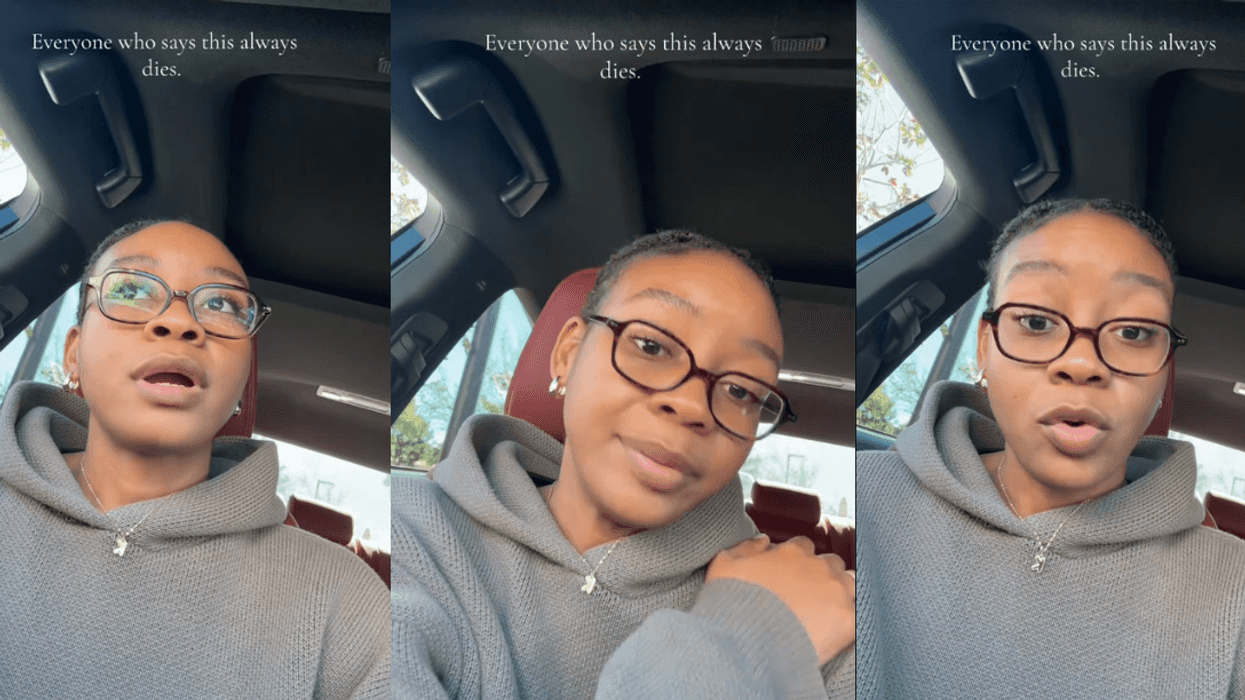
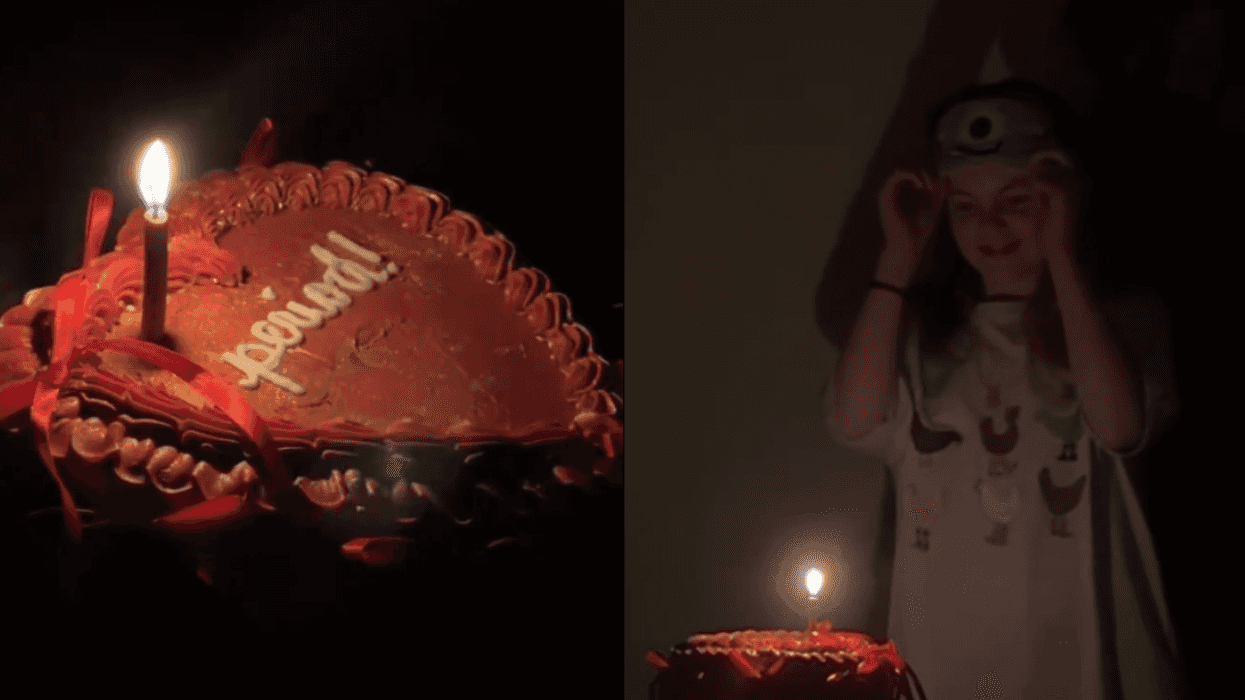
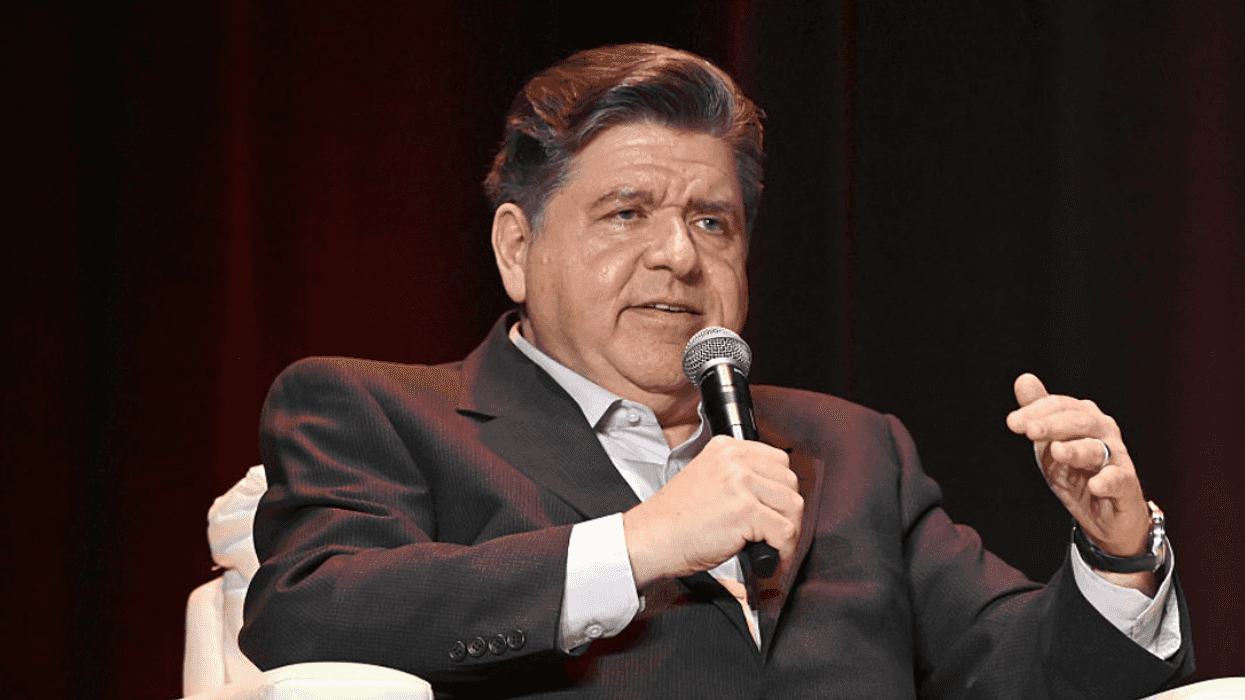
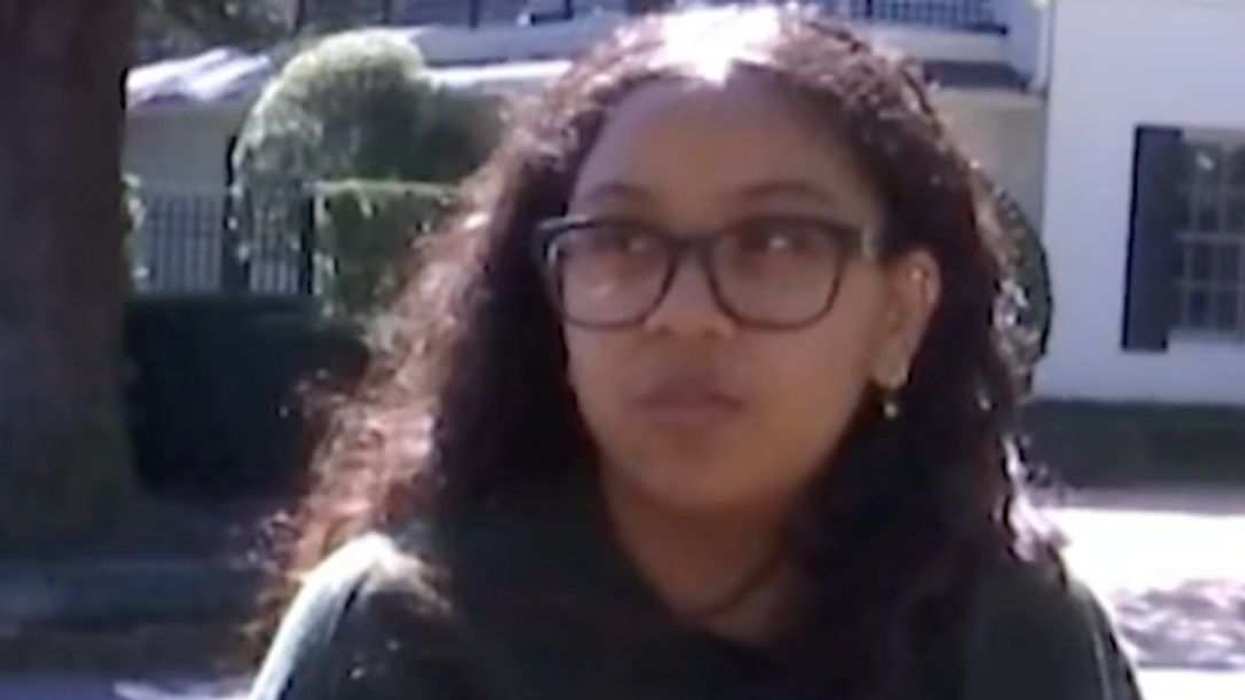
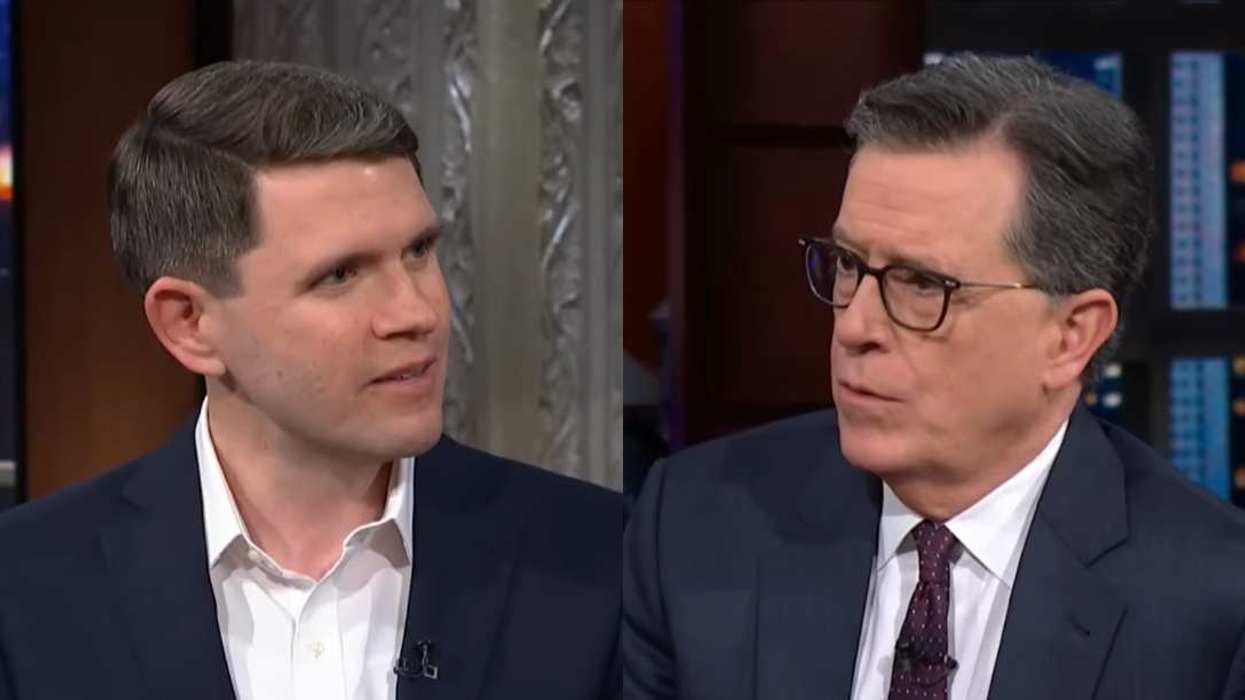


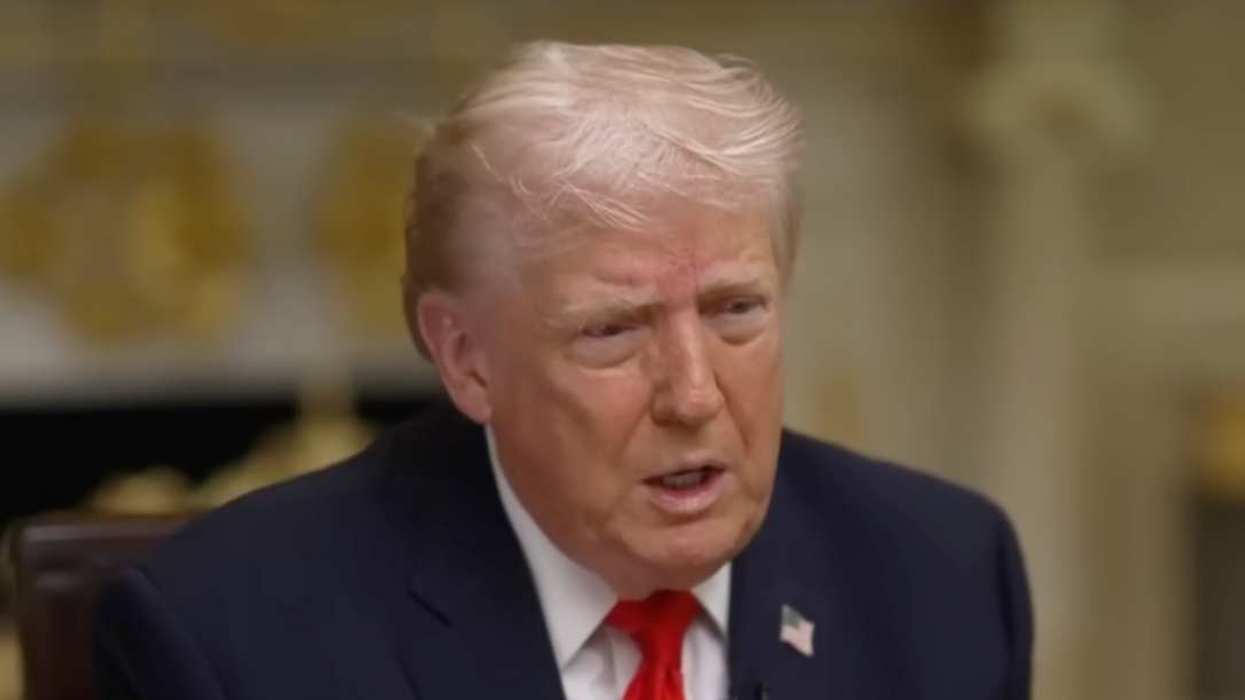


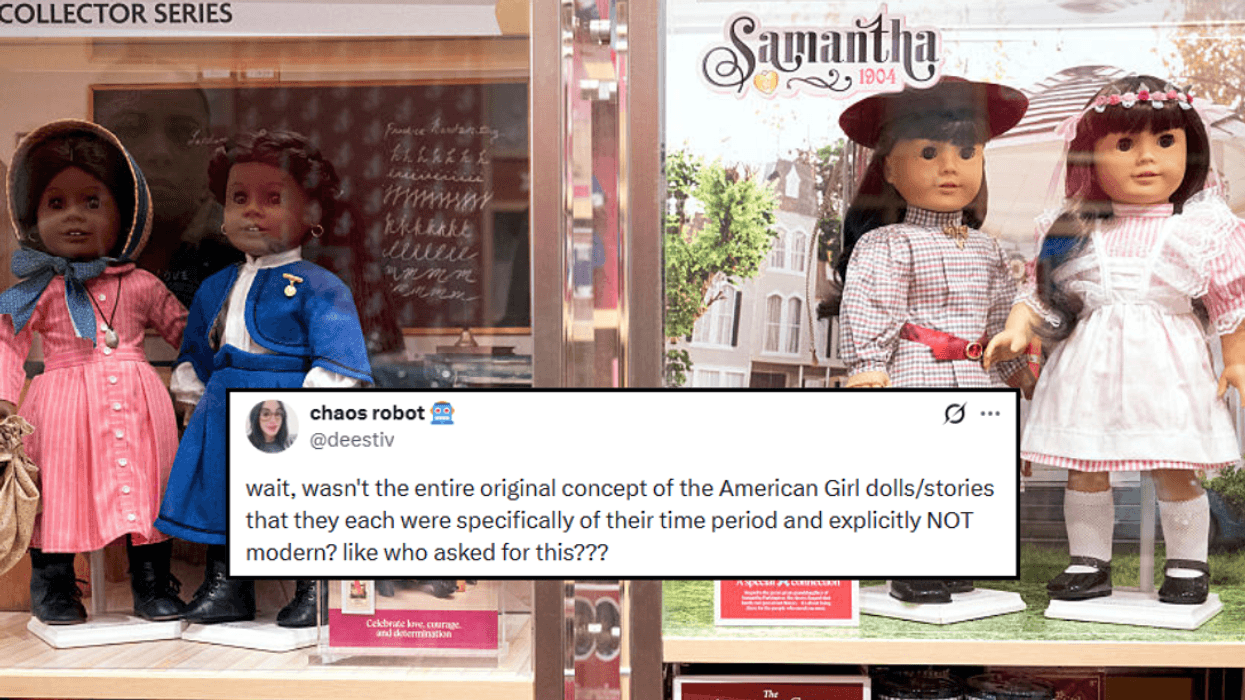
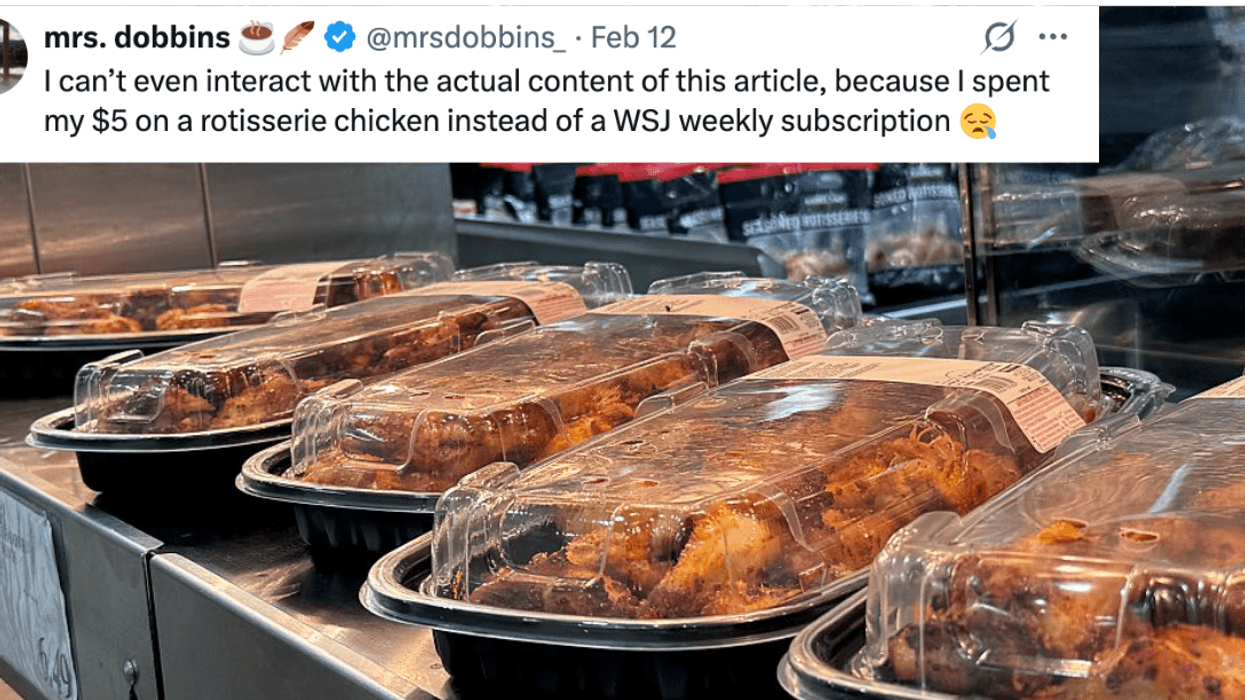

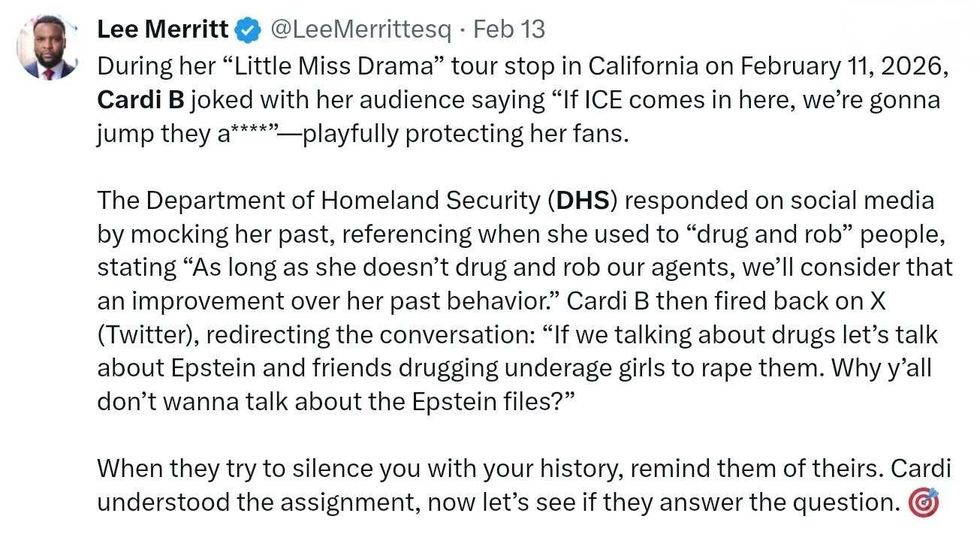 @LeeMerrittesq/X
@LeeMerrittesq/X @bob_moss/X
@bob_moss/X @jelanijones/Bluesky
@jelanijones/Bluesky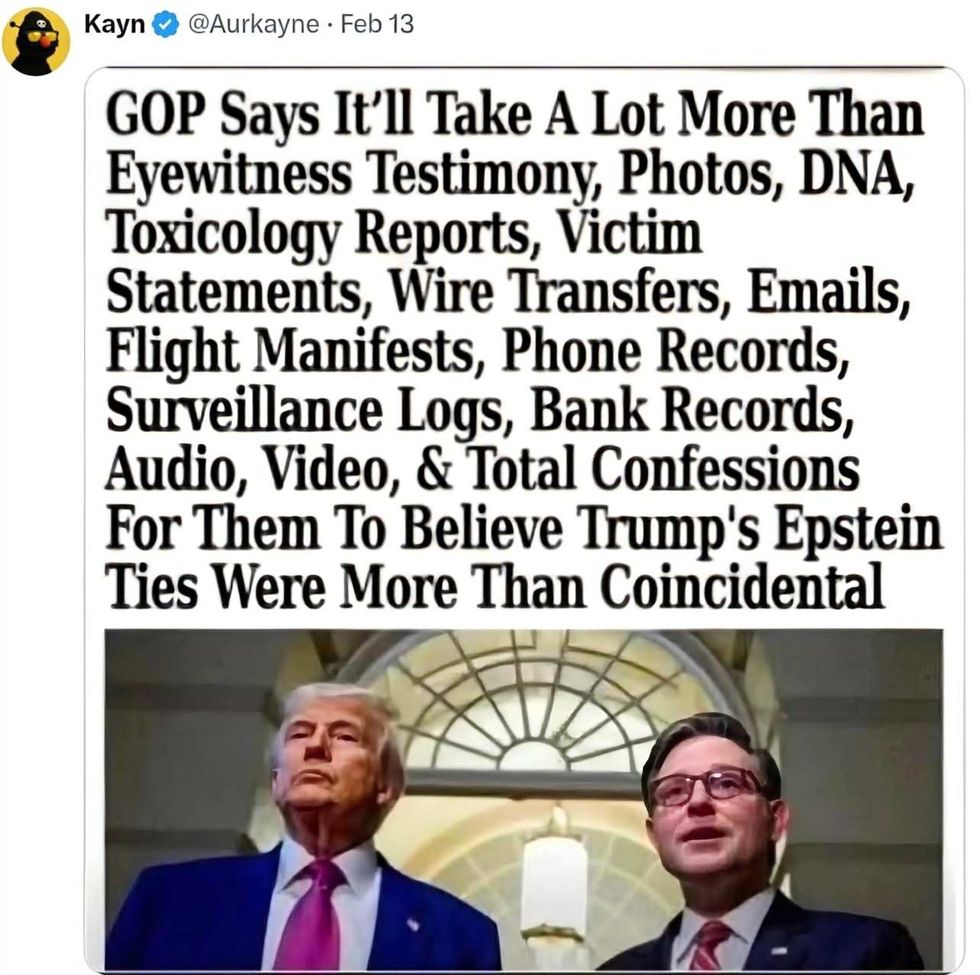 @Aurkayne/X
@Aurkayne/X @sadcommunistdog; @froglok/Bluesky
@sadcommunistdog; @froglok/Bluesky